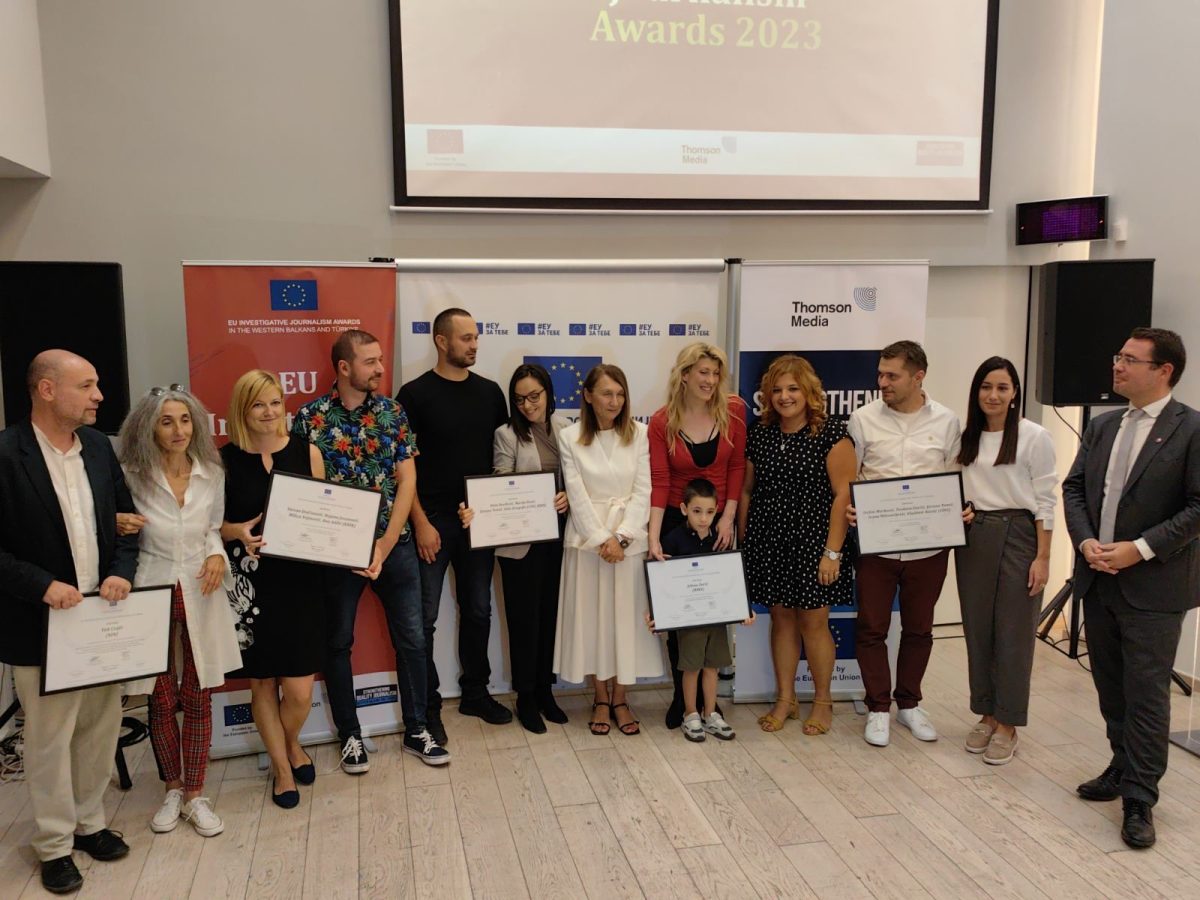BIRN Serbia brought together 13 journalists and representatives of civil society organisations at Serbia’s Divcibare mountain resort from October 26 to 28 to help them improve their skills in investigating and reporting on digital rights violations, online manipulations, propaganda in the digital arena and the use and misuse of artificial intelligence.
“According to a 2022 survey by the Freedom House, 64 per cent of countries violated digital rights. This included censorship, surveillance, and restrictions on online access. Media play a vital role in holding governments and corporations accountable for digital right violations. By reporting on these violations, media can raise awareness, put pressure on decision-makers, and support victims.
“However, many journalists lack the training and resources to report on digital right violations effectively. This is due to a number of factors, including the complexity of the issues, the lack of access to information, and the threat of reprisal,” said Milorad Ivanovic, BIRN Serbia’s editor-in-chief.
“Training media in digital right violations is essential for ensuring that these violations are reported on accurately and comprehensively. This training should cover topics such as the different types of digital right violations, the impact of these violations on individuals and society, and how to report on them safely and responsibly,” he added.
Mila Bajic from the SHARE Foundation opened the training course, introducing participants to the concept of digital rights, explaining what these rights cover, how they are protected and how they are violated.
Tijana Uzelac from BIRN Serbia presented participants with BIRN’s database of digital rights violations in Serbia and the region, and BIRN journalist Aleksa Tesic spoke about how he investigated the dangers of biometric surveillance and internet scams.
Ivanovic, along with BIRN journalists Miodrag Markovic and BIRN Serbia executive editor Gordana Andric, gave practical advice on how to use open databases, fact-check, apply OSINT methods and artificial intelligence.
“A 2022 report by the Global Disinformation Index found that 80 per cent of the world’s population is exposed to high levels of disinformation online. Journalists must be trained to do fact-checking effectively in order to combat online manipulations and ensure that their reporting is accurate and trustworthy, and fact-checking has become one of the necessary tools for journalists to fulfil its role of providing reliable information to the public,” said Andric.
BIRN journalist Jelena Zoric shared her experiences of reporting on stories based on correspondence via encrypted communication, and journalist Andjela Milivojevic spoke about how she reported on revenge pornography.
On the last day of the training course, Aleksandra Krstic, a professor at Belgrade University’s Faculty of Political Sciences, and Marija Babic, a lawyer at the Independent Association of Journalists of Serbia, talked about digital security for journalists and introduced participants to the protection mechanisms and legal framework that regulate the security of journalists in the digital arena in Serbia.
Sonja Kovacev, social media manager at BIRN Serbia, along with Ivanovic, then gave practical advice about digital security and finding a balance between freedom and security on social networks.
The training course was organised as part of the ‘Reporting on Digital Rights and Freedoms’ project implemented by several BIRN offices in the region and funded by the European Union.







